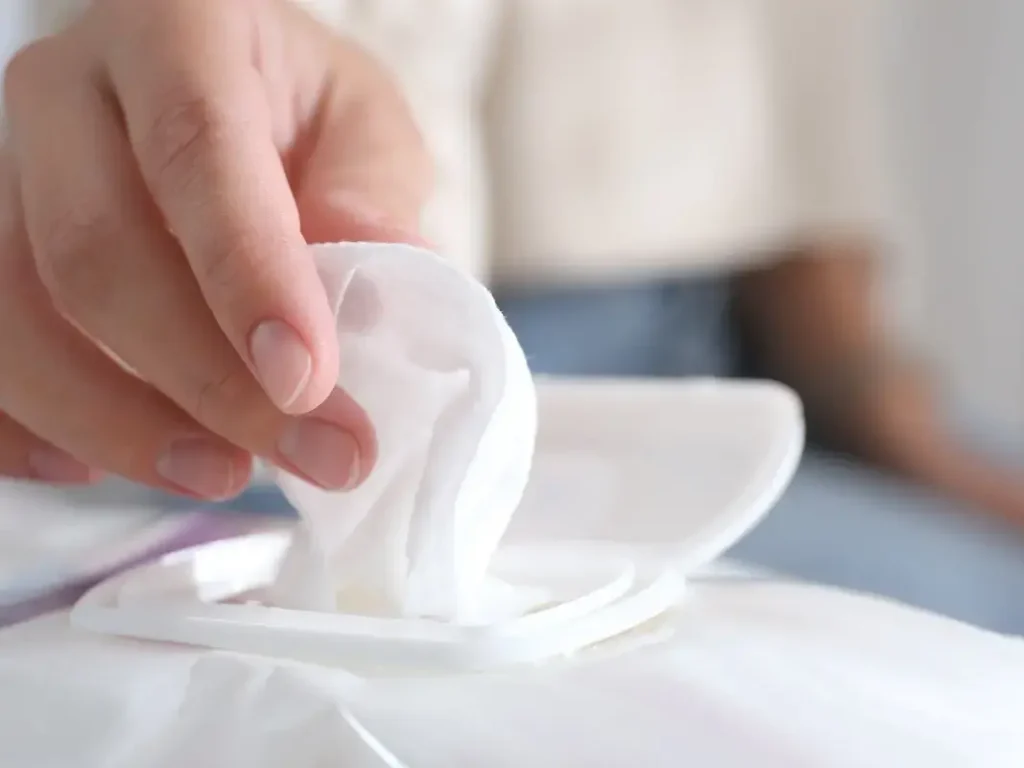In the vibrant world of baby products, one particular item has maintained a consistent presence over the years — disposable wipes. They’re convenient, easy to use, and seemingly harmless. However, it’s essential to examine these commonly-used products through the lens of sustainability. Are disposable wipes truly eco-friendly? Let’s delve into the matter.
Disposable wipes, also known as baby wipes or wet wipes, have become a staple in every household with a baby or toddler. They provide a quick and efficient solution for numerous everyday challenges, from diaper changes to messy eating encounters. However, as our environmental awareness grows, many parents have started questioning the environmental impact of these essential items.
When we discuss disposable wipes, the concept often juxtaposed is that of eco-friendly wipes. It might seem paradoxical to place ‘disposable’ and ‘eco-friendly’ in the same sentence. After all, doesn’t ‘disposable’ imply a single-use product that ends up in a landfill, contributing to our growing waste problem?
The key lies in understanding that not all disposable wipes are created equal. Some brands have taken significant strides to produce more eco-friendly versions of these household staples. They have worked on every aspect of the product – from the materials used, the manufacturing process, the packaging, and even the disposal process.
Eco-friendly wipes are typically made from natural, biodegradable materials such as cotton, bamboo, or other plant fibers. They steer clear of harsh chemicals and synthetics that could harm the environment. However, the term ‘biodegradable’ doesn’t always mean that these products will decompose quickly or entirely, especially when thrown into a landfill where they might not get enough oxygen to break down.
So, does this mean that disposable wipes can’t be eco-friendly? Not necessarily. For disposable wipes to be truly eco-friendly, they need to be compostable, meaning they break down into non-toxic components that enrich the soil. Some brands on the market are already making compostable disposable wipes, which is a step in the right direction.
The production process is another important factor to consider. Even if the end product is biodegradable, the manufacturing process can have a substantial environmental impact. If the process involves a high amount of water and energy usage or produces significant greenhouse gas emissions, it offsets the benefits of the product being biodegradable. Therefore, eco-friendly brands aim for a sustainable production process that minimizes environmental harm.
However, it’s worth mentioning that even the most eco-friendly disposable wipes have an environmental impact. It’s a single-use product, after all. In this regard, reusable wipes made from organic materials might be a more sustainable option. They can be washed and reused multiple times, thus significantly reducing waste.
In conclusion, while it is possible for disposable wipes to be eco-friendly, it depends heavily on the materials used, the production process, and the disposal method. As consumers, it’s important to be mindful of these factors and make informed decisions. Look for brands that prioritize sustainability, use natural, compostable materials, and have transparent, responsible manufacturing processes.
Remember, every small choice we make can have a big impact on our planet. As parents, choosing eco-friendly wipes over conventional disposable ones not only contributes to a healthier environment but also instills valuable lessons of sustainability in our children.
By understanding the difference between typical disposable wipes and eco-friendly alternatives, you’ll be able to make a choice that aligns with your family’s needs without compromising the well-being of our environment. This is the true essence of responsible consumption in our modern world – making the best choices for ourselves and our world.


